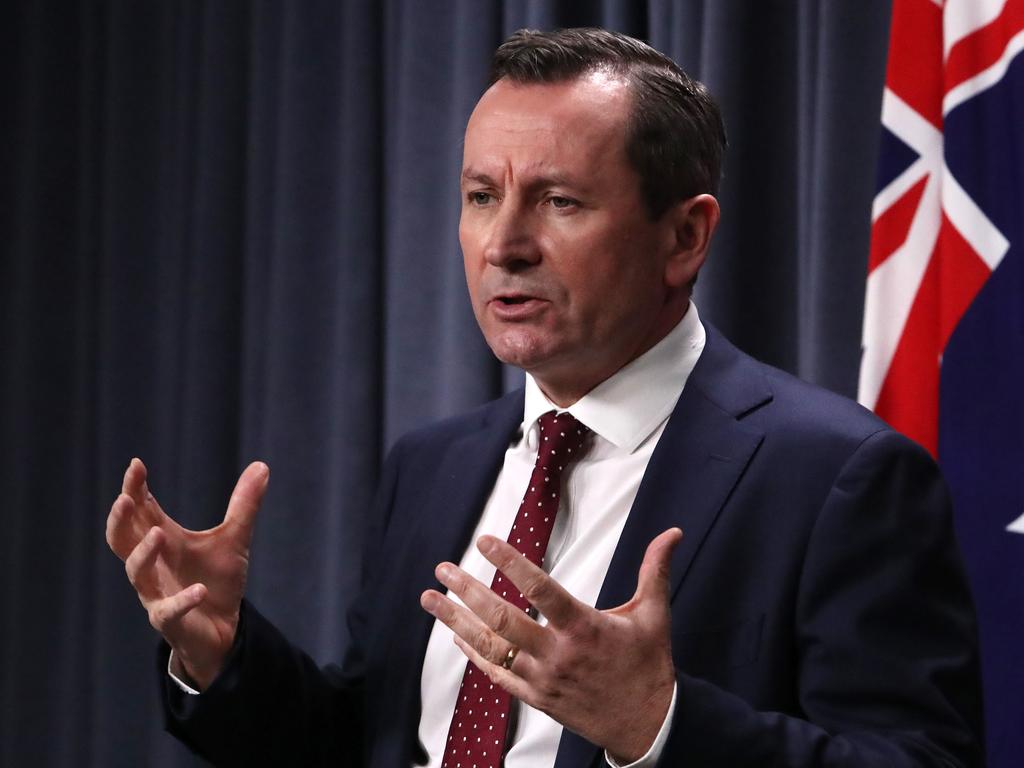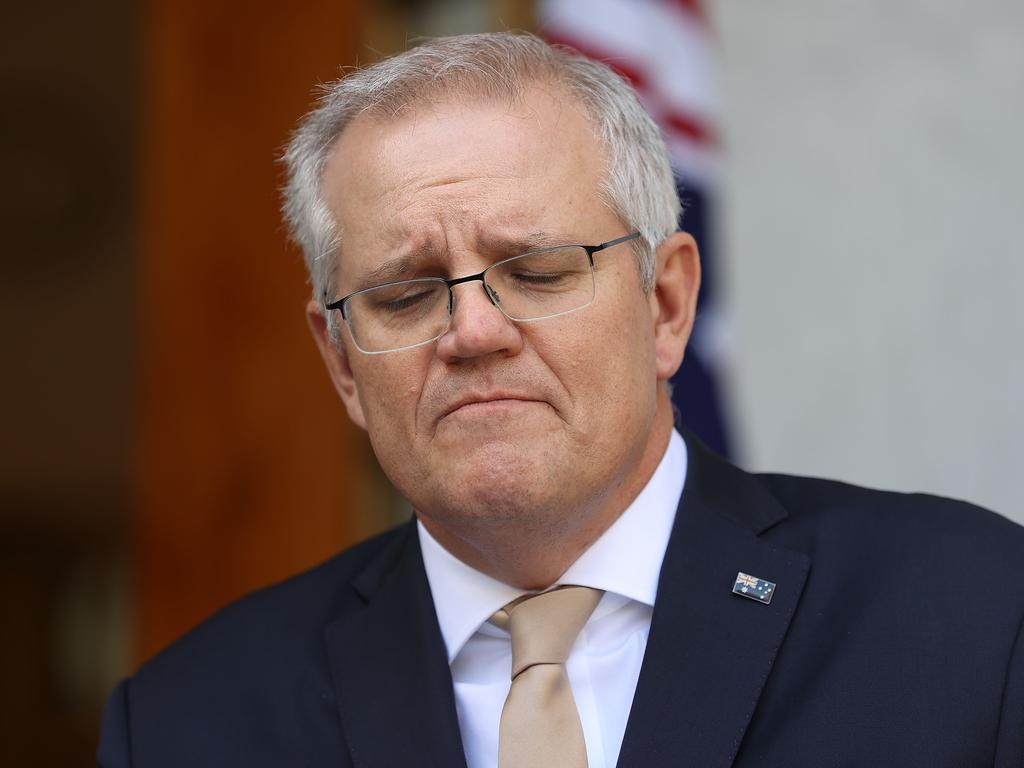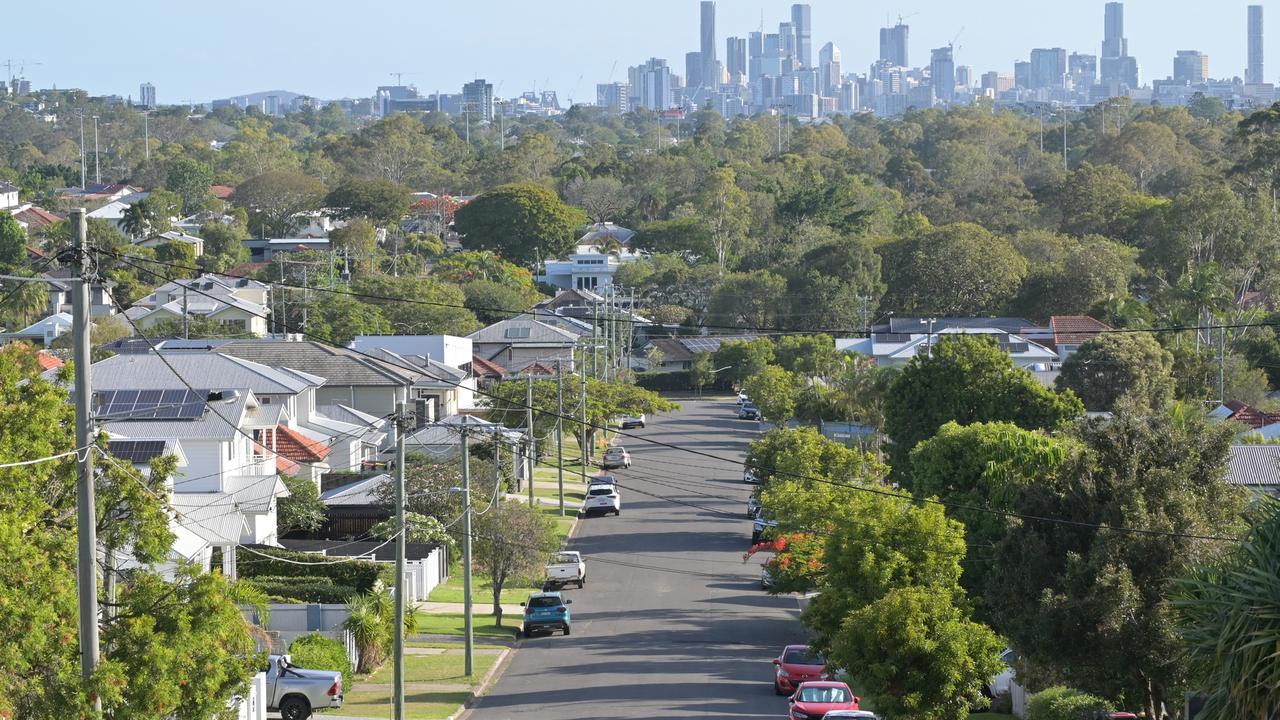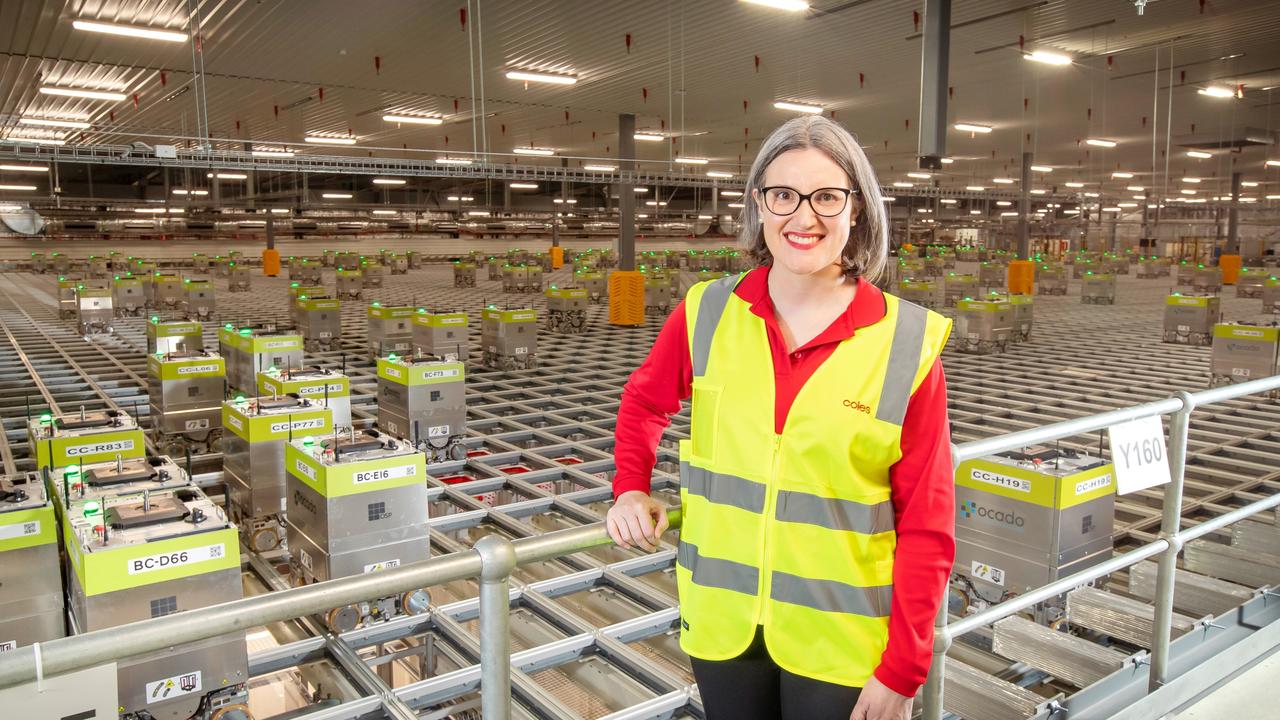Australia will ‘bounce back’ from Delta: Reserve Bank
The Delta outbreak will not plunge the nation back into recession, Reserve Bank governor Philip Lowe says.
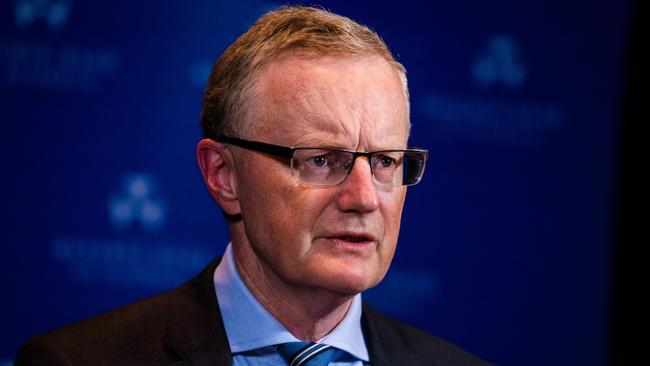
Business
Don't miss out on the headlines from Business. Followed categories will be added to My News.
Reserve Bank governor Philip Lowe says the Delta outbreak will not plunge the nation back into recession, as high vaccination rates and easing health restrictions pave the way for an economic bounce-back towards the end of the year.
In a statement accompanying the central bank’s decision to hold rates steady at a historical low of 0.1 per cent, Dr Lowe said lockdowns would trigger a “material” downturn in the September quarter. But he said the hit to growth was “expected to delay, but not derail, the recovery”, predicting the economy would be back on its pre-Delta path by the second half of next year.
Dr Lowe’s optimism will be aimed at providing confidence to the hundreds of thousands of workers in NSW and Victoria who have already been stood down because of lockdowns and face an uncertain future as authorities race to reach the Doherty Institute’s 70-80 per cent inoculation thresholds.
There were 1220 Covid-19 infections – and eight deaths – reported in NSW on Tuesday, with case numbers expected to continue to rise until at least next week. Victoria reported 246 new infections, while the ACT had 11 new infections.
Almost 64 per cent of adults have received at least one dose of a Covid-19 vaccine; 39 per cent are fully inoculated.
With businesses shuttered and activity in the nation’s two biggest cities at a fraction of pre-pandemic levels, economists are predicting the economy could contract by as much as 4 per cent over the three months to September – which would be the ¬second-largest quarterly downturn in recorded history after last year’s 7 per cent slump.
In Tuesday’s statement, Dr Lowe conceded that GDP was “expected to decline materially in the September quarter”, and that “the unemployment rate will move higher over the coming months”. But he added: “This setback to the economic expansion is expected to be only temporary. As vaccination rates increase further and restrictions are eased, the economy should bounce back.
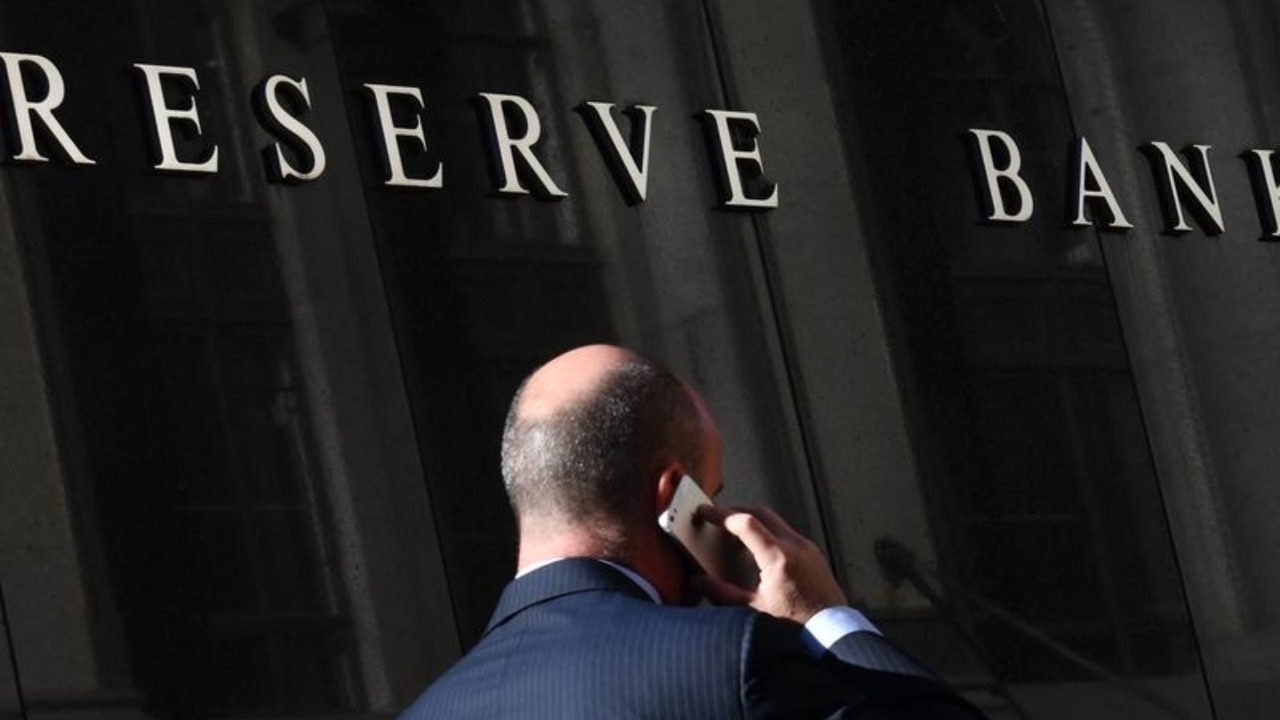
“There is, however, uncertainty about the timing and pace of this bounce back and it is likely to be slower than that earlier in the year. Much will depend on the health situation and the easing of restrictions on activity.
“In our central scenario, the economy will be growing again in the December quarter and is expected to be back around its pre-Delta path in the second half of next year.”
Commonwealth Bank’s head of Australian economics, Gareth Aird, described Dr Lowe’s scenario as “optimistic … though plausible”.
“It probably means that the economy will need to have clear air from Covid-19 by around March or April next year to get to (the RBA’s) pre-Delta path by mid-2022,” Mr Aird said.
“Our working assumption is that the economy will not have clear air from Covid-19 until the middle of next year, which means that we are unlikely to find ourselves on the pre-Delta path until later in 2022.
“From that point we expect the economy to be firing well and very strong outcomes are likely.”
The RBA board also announced it would reduce the pace of weekly bond purchases from $5bn to $4bn “until at least February 2022” – a decision that surprised many in financial markets who had expected Dr Lowe to renege on a plan announced in early July and before the full extent of the Delta lockdowns had become clear.
Judo Bank economic adviser Warren Hogan said he was “quite pleased to see the RBA has confidence in the economy and the rebound, but also its commitment trying to get monetary policy back on an even keel”.
“The reality is the problems we face in the economy are not a problem of demand, they are a problem of supply and health restrictions,” Mr Hogan said. “But next year our challenges are going to be very different, and we saw hints of that in the first half of this year with capacity constraints, in supply chains but most importantly in the labour market.”
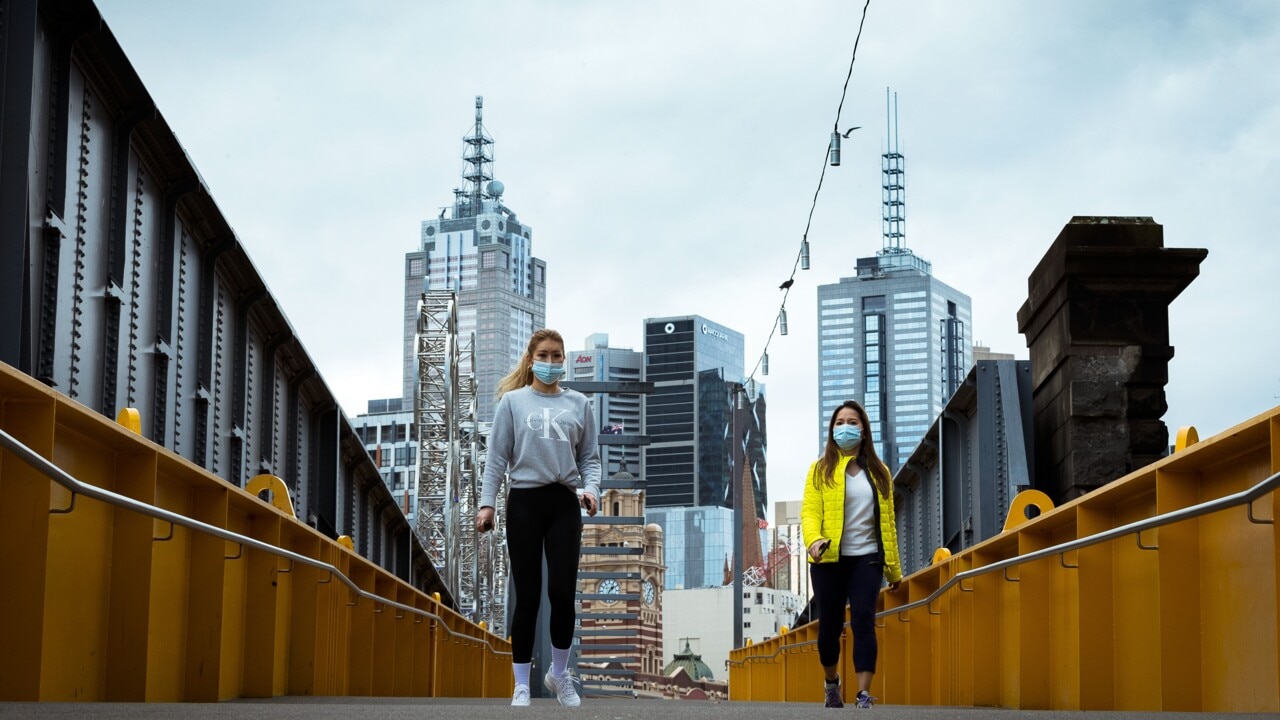
The former ANZ chief economist said he expected the economy to manage a slight lift in the December quarter, but that it was a “moot point whether we get a negative GDP number unless it’s a big one”. He said: “The reality is the economy is not going to be bouncing back until the end of summer, as life won’t be resembling anything normal until February or March next year.”
Less surprising was the central bank board’s announcement it would maintain its 0.1 per cent target for interest rates out to three years – part of its “yield curve control program”.
The RBA’s cash rate target has been at the record low since November last year. In the statement, Dr Lowe repeated that he expected the conditions to justify a rate rise “will not be met before 2024”.
The initial $100bn quantitative easing program, implemented in July last year as part of a package of extraordinary monetary measures aimed at supporting the economy through the Covid shock, had been due to end this month.
In July this year, the RBA board said it would extend QE, but would buy bonds at a slower pace.
In that context, Dr Lowe characterised Tuesday’s decision as an extension – rather than a reduction – of monetary stimulus, saying that “very accommodative financial conditions will continue to support the recovery”.
“Borrowing rates are at record lows, sovereign bond yields are at very low levels and the exchange rate has depreciated over recent months,” he said.
“The fiscal responses by the Australian government and the state and territory governments are also providing welcome assistance in supporting household and business balance sheets.”
The RBA tempered its decision to scale the pace of QE with a commitment to maintain the $4bn-a-week bond purchases “until at least February”, rather than its previous plan to review the program in November.
Dr Lowe said this commitment “reflects the delay in the economic recovery and the increased uncertainty associated with the Delta outbreak”. He said: “These bond purchases, together with the low level of the cash rate, the yield target and the funding that has been provided under the term funding facility, are providing substantial and ongoing support to the Australian economy.”
Originally published as Australia will ‘bounce back’ from Delta: Reserve Bank


